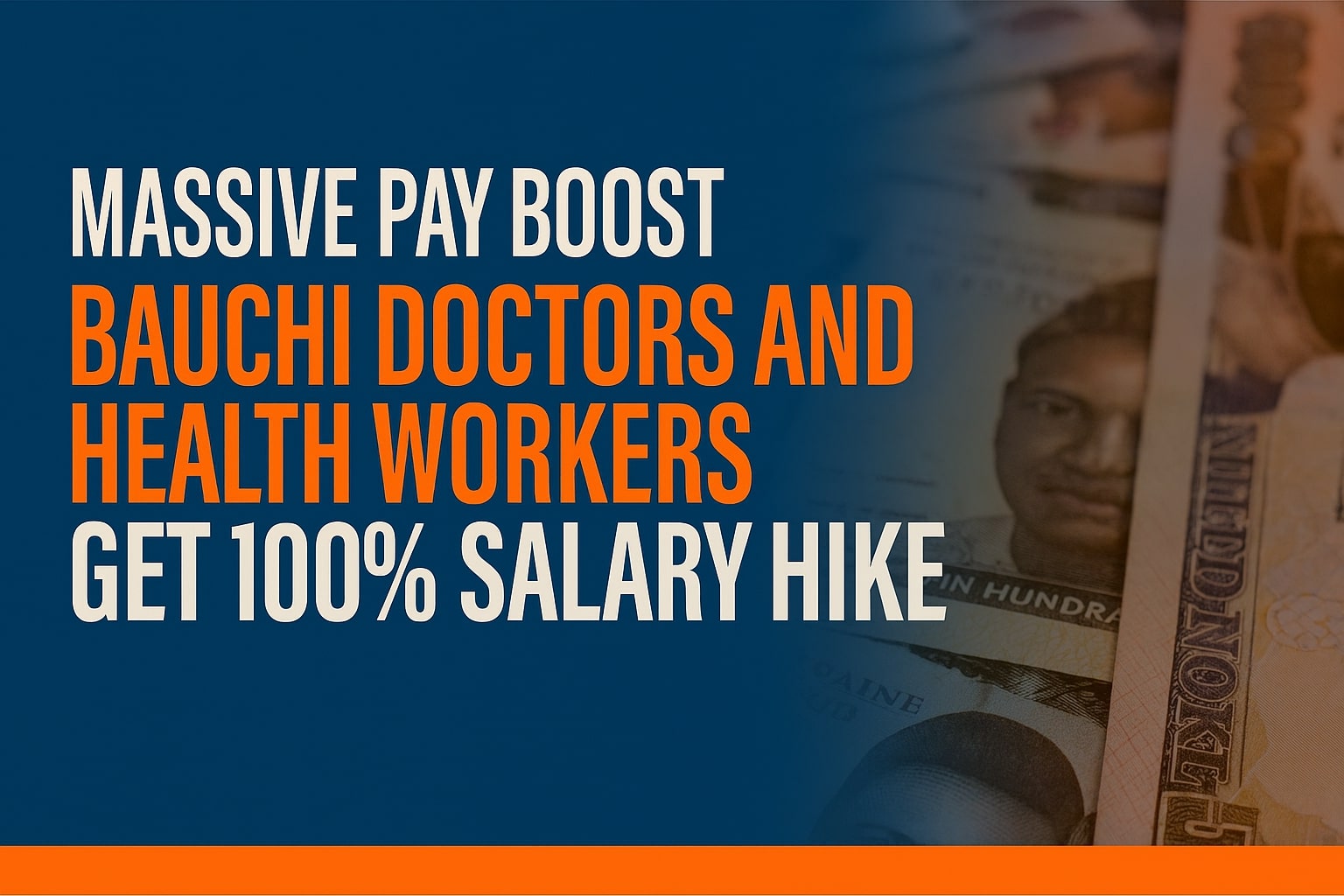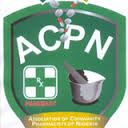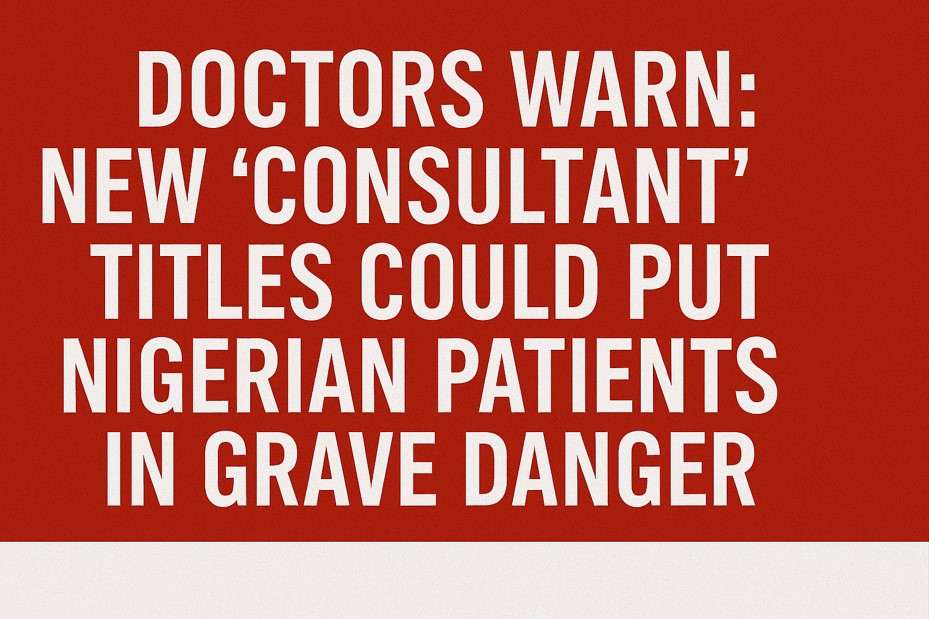A consultant orthopaedic surgeon and Medical Director (MD) of National Orthopaedic Hospital, Igbobi, Lagos (NOHIL), Dr. Mustapha Faiz Alimi, has raised the alarm on rising cost of orthopaedic care in Nigeria.
Alimi, in a chat with The Guardian, ahead of NOHIL’s 77th anniversary, today, blamed the situation on challenges of power generation, old infrastructure, fluctuating foreign exchange (forex), and lack of specialist doctors, nurses and other health workers due to brain drain.
Alimi said NOHIL is a tertiary health institution established on December 6, 1945 to provide orthopaedic, traumatology and burns, plastic and reconstructive surgical services to all Nigerians and neighbouring countries.
He said, over the years, the hospital has expanded its scope of services to other sub-specialities, such as arthroplasty, arthroscopy/sports medicine, paediatric surgery, oncology, spines, complex trauma, limb lengthening and deformity correction.
The MD said, as part of the mission of the hospital to serve as an advocacy centre for injury control and disability prevention, in all areas of its specialty, it is committed to creating awareness about health-related matters, with a view to reducing the rate of mortality in Nigeria.
He explained: “The challenge of the naira/dollar ratio has made quite a number of our equipment very expensive. Orthopaedics is equipment and implant-driven. If you are not well equipped, you cannot develop orthopaedic services. There is equipment referred to as image intensifier; it is a machine we use when we are in the theatre, to see bones. It is like an intra-operative extra machine. Quite a number of these machines are very expensive.
“Some of them, as of today, are around N150 million. We have been able to meet some of our challenges, but we can do much better than we are right now.
“Still on the equipment, there are things we call implants. Orthopaedics operates on replacements or support, and we use implants. We put stuffs, which are either made of metal, titanium, plastics, and we put these inside the patient. These implants are very expensive and they are not manufactured locally.”
He said further: “In this hospital, which is 77 years old, most of our infrastructure are old and need, either to be replaced or renewed. It is a public institution, so there is heavy demand and heavy use. That is another challenge we have, and the costs of all these things are reasonably enormous.
“Power is a challenge nationwide. And if you look at the size of the institution, you have patients on admission, we have surgeries that are going on, and these things require powering. So, power is a major thing. We are looking at a situation where we get adequate support so that we can have a gas-powered system because diesel powering is very expensive when power fails.
“Another big challenge we have is personnel because orthopedic services rely on specialised personnel – doctors, nurses, orthopaedic support services, whether it is prosthetics and anaesthetics, whether it is laboratory services, they are specialised services.
“Right now, have a very high turnover of personnel, especially among the young ones, who are leaving or resigning. Replacing them can be challenging because replacement has a due process one has to follow. Even if you have to replace with due process, there is also a lack of personnel within the country. That is a serious challenge that we have.”
Alimi added: “Though we are a government institution and we do not bill patients for services, we have to bill patients for consumables and implants used, and most of these things are being controlled by forex.
“Some of these things are becoming more expensive and we have no choice but to put these costs at the doorstep of the patients. So, it’s making the cost of services go up. This, for us, is worrisome. But I must confess that over the past five to six years, we have enjoyed government support, in the sense that government has given us significant release of our capital.
“The unfortunate aspect is that in those releases, you know, it is a budget that was prepared, like a year ago. And with the fluctuating currency, by the time the release comes, a year after, it often cannot cover adequately what it was budgeted for.”
The orthopaedic surgeon insisted that patients do not pay for services at NOHIL. “We are a government institution and patients do not pay for our services. If you look at the patients’ bill, you will not see payment for services there. They only pay for what they consume. You pay for the food you eat, you pay for the consumables you use, you pay for the implants you use and you pay for the drugs you use,” he said.



